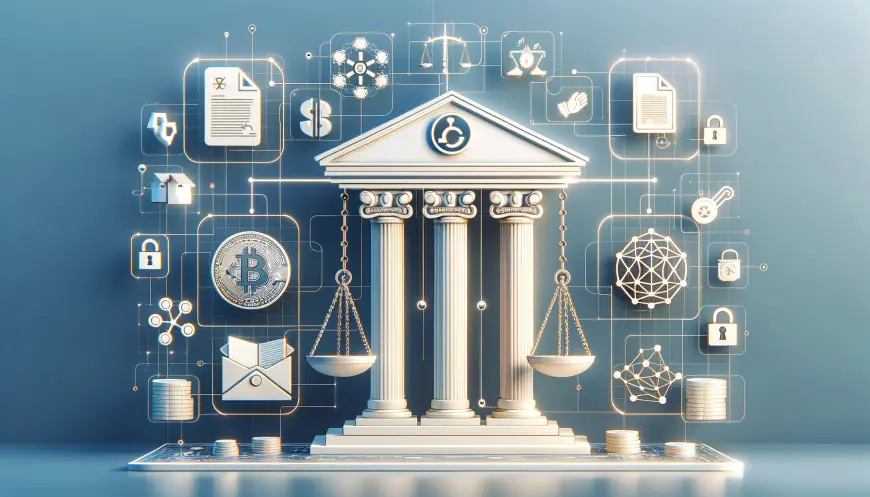DFSA Amends Crypto Regulations in Dubai’s Special Economic Zone
The DFSA announced major changes to its cryptocurrency token regime in the Dubai International Financial Centre.

The Dubai Financial Services Authority (DFSA) has updated its cryptocurrency token rules. This move aims to improve the regulatory framework within the Dubai International Financial Centre (DIFC), a special economic zone in Dubai.
Also Read: Binance Secures Comprehensive VASP License in Dubai
The DFSA, an independent regulator in the UAE, announced these changes on June 3. These changes come from its Consultation Paper 153, published in January 2024. The amendments focus on several important areas, including funds investing in crypto tokens and the process for recognizing these tokens.
DFSA Makes Comprehensive Regulatory Changes in Dubai
The DFSA’s regulatory mandate is a lengthy document. It covers asset management, banking, credit services, securities, investment funds, custody, trust services, commodities futures trading, Islamic finance, insurance, crowdfunding platforms, money services, and exchanges for international equities and commodities derivatives.
Additionally, the DFSA administers Anti-Money Laundering (AML) and Combating the Financing of Terrorism (CFT) legislation for regulated firms and designated non-financial businesses and professions in the DIFC.
First, the amendments affect investment funds. The DFSA now permits units of external and foreign funds to invest in recognized crypto tokens. Additionally, domestic qualified investor funds can now invest in unrecognized crypto tokens.

Second, new rules will govern the custody and staking of crypto tokens, ensuring that these activities are conducted securely and transparently. Third, the DFSA has issued new guidance on compliance with financial crime regulations, including implementing the ‘travel rule,’ which requires sharing information about the sender and receiver of crypto transactions.
Also Read: MANTRA Launches Incubator in Dubai World Trade Center
Lastly, the recognition process for crypto tokens has been revised. The DFSA has established new criteria for recognizing fiat-crypto tokens, commonly known as stablecoins.
DFSA Has Been Engaging With the Market
Over the past two years, the DFSA has interacted with more than 100 firms seeking licenses. This engagement has provided valuable insights into the market’s dynamics and regulatory needs. The crypto token regime, effective since 2022, has evolved in line with international standards.
The International Organisation of Securities Commissions (IOSCO) has published recommendations on crypto assets and decentralized finance (DeFi). Similarly, the Basel Committee has proposed amendments focusing on banks’ exposure to crypto assets, emphasizing stablecoins’ reserve assets.
Ian Johnston, the DFSA’s chief executive, commented on the changes:
“Our goal with the Crypto Token regime is to foster innovation responsibly and transparently while meeting our regulatory objectives. We have taken a balanced approach and are committed to evolving in line with global best practices and standards.”
The amendments also influence the ability of domestic qualified investor funds to invest in unrecognized tokens. Since the regime’s implementation, the DFSA has only recognized five crypto tokens: Bitcoin (BTC), Ethereum (ETH), Litecoin (LTC), XRP, and Toncoin (TON).
Cryptopolitan reporting by Jai Hamid
What's Your Reaction?









































































































